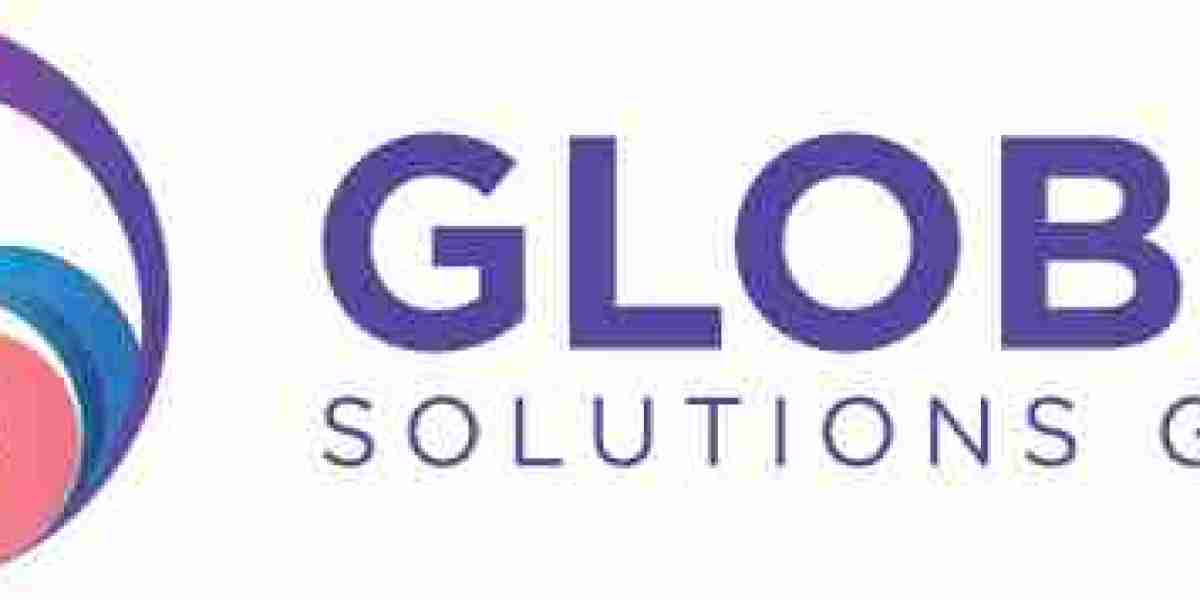The manufacturing sector has undergone significant transformations in the past decade, driven by advancements in technology, changing market demands, and the need for operational efficiency. At the heart of these transformations is the adoption of Manufacturing Production Software and Enterprise Resource Planning (ERP) solutions. These technologies help manufacturers streamline their processes, improve productivity, reduce costs, and remain competitive in an increasingly complex and global marketplace.
In this blog, we’ll explore how Manufacturing Production Software and ERP solutions work, their benefits, and why they are critical for the future of modern manufacturing.

What is Manufacturing Production Software?
Manufacturing Production Software is a suite of digital tools designed to manage, track, and optimize the various stages of the production process. These solutions allow manufacturers to plan, schedule, and monitor production in real-time. Key features of Manufacturing Production Software typically include:
- Production Planning & Scheduling: Helps manufacturers plan production runs, allocate resources efficiently, and set timelines for each stage of the production process.
- Inventory Management: Enables real-time tracking of raw materials, finished goods, and in-progress items, helping to maintain optimal inventory levels and reduce stockouts.
- Work Order Management: Automates the creation, distribution, and tracking of work orders to ensure that production teams have clear instructions and deadlines.
- Quality Control: Helps monitor and maintain product quality at every stage of production, ensuring that goods meet predefined standards and specifications.
- Reporting & Analytics: Provides insights into production performance, efficiency, and cost, allowing manufacturers to make data-driven decisions for continuous improvement.
By integrating these capabilities, Manufacturing Production Software gives manufacturers the ability to keep their production lines running smoothly, maximize efficiency, and minimize downtime.
What is Manufacturing ERP Software?
Enterprise Resource Planning (ERP) software is a broader system that integrates all business processes across an organization into a unified platform. While ERP systems include modules for accounting, human resources, sales, and customer service, Manufacturing ERP Software focuses specifically on the needs of manufacturing operations.
Manufacturing ERP software is designed to support all aspects of manufacturing, including:
- Product Lifecycle Management (PLM): Helps manage product designs and revisions, ensuring that every change is tracked and incorporated into the manufacturing process.
- Supply Chain Management (SCM): Optimizes the flow of materials from suppliers, through production, to distribution, ensuring that raw materials are available when needed and finished goods are delivered on time.
- Resource Management: Tracks the utilization of labor, equipment, and facilities, helping to ensure that production resources are used effectively.
- Costing and Financial Management: Helps manage costs related to materials, labor, overhead, and other production expenses, providing detailed financial reports for better decision-making.
- Compliance & Regulatory Management: Helps manufacturers comply with industry standards, government regulations, and quality certifications (such as ISO).
While Manufacturing Production Software focuses on optimizing production workflows, Manufacturing ERP Software offers a comprehensive view of an entire manufacturing business, aligning production activities with broader business goals.
Benefits of Manufacturing Production and ERP Software
The integration of Manufacturing Production Software and ERP solutions brings numerous benefits to manufacturers, both large and small. Some of the key advantages include:
1. Improved Operational Efficiency
Manufacturers can automate routine tasks, such as order processing, scheduling, and inventory tracking, reducing the need for manual intervention and minimizing human error. This automation leads to faster production cycles, higher throughput, and better use of resources.
2. Better Decision-Making
Manufacturing Production Software and ERP solutions provide detailed, real-time data about every aspect of the production process. This data-driven approach helps managers make informed decisions that improve productivity, reduce waste, and optimize operations.
3. Enhanced Collaboration
By providing a central platform for all departments, Manufacturing ERP software improves communication and collaboration across different teams. From procurement and inventory management to production and sales, all departments can access the same real-time information, helping to eliminate silos and improve coordination.
4. Reduced Costs
With better control over inventory, production schedules, and resource utilization, manufacturers can reduce waste, avoid overproduction, and optimize labor and material costs. Accurate financial reporting also helps identify areas of inefficiency and excess spending.
5. Greater Flexibility & Scalability
Manufacturing ERP solutions are highly scalable, meaning they can grow with your business. Whether you’re expanding your product lines, opening new plants, or entering new markets, ERP systems can adapt to accommodate changing business needs.
6. Improved Customer Satisfaction
Manufacturing ERP and Production Software help manufacturers streamline their production and delivery processes. This leads to faster turnaround times, higher-quality products, and better on-time delivery, all of which improve customer satisfaction and loyalty.
7. Compliance and Quality Control
Manufacturers must adhere to various regulatory requirements and quality standards. ERP software often includes built-in tools to ensure compliance, track product quality, and generate audit trails to meet industry standards and certifications.
How to Choose the Right Manufacturing Production and ERP Software
When selecting Manufacturing Production Software or an ERP system, there are several key factors to consider:
1. Industry-Specific Needs
Different industries have different requirements. Make sure the software you choose is tailored to your specific manufacturing processes, whether you’re in discrete manufacturing, process manufacturing, automotive, food and beverage, or another sector.
2. Ease of Integration
Manufacturing ERP systems should integrate seamlessly with existing systems, such as accounting software, customer relationship management (CRM) tools, and supply chain management systems. Integration reduces data silos and ensures smooth communication between different software platforms.
3. User-Friendliness
Software should be easy for your team to use and adopt. A complex, difficult-to-navigate interface can lead to frustration and lower productivity. Look for software with intuitive dashboards, drag-and-drop features, and customizable workflows.
4. Customization and Scalability
Your manufacturing business may evolve over time, so you need software that can scale with your growth and adapt to changing processes. The software should allow for customization, whether it’s modifying reports or adding new features.
5. Customer Support
Look for a provider with a strong customer support network. Since manufacturing operations often run 24/7, you’ll want to ensure you have access to timely assistance should issues arise.
The Future of Manufacturing Production and ERP Software
As manufacturing continues to embrace digital transformation, the role of Manufacturing Production Software and ERP systems will only become more critical. The rise of smart manufacturing and Industry 4.0 technologies such as the Internet of Things (IoT), artificial intelligence (AI), and machine learning (ML) will continue to drive the evolution of ERP systems. These technologies will enable manufacturers to optimize operations in ways that were previously unimaginable, from predictive maintenance to AI-powered demand forecasting.
The integration of cloud-based ERP solutions is another trend shaping the future. Cloud ERP systems offer greater flexibility, lower upfront costs, and enhanced collaboration, allowing manufacturers to access their systems from anywhere in the world.
In conclusion, Manufacturing Production Software and ERP solutions are no longer just optional tools — they are essential to staying competitive in the modern manufacturing landscape. By providing real-time insights, improving operational efficiency, and fostering collaboration, these systems enable manufacturers to meet the demands of a fast-paced, ever-changing market. Investing in the right software solutions today will pay dividends in the form of improved productivity, reduced costs, and greater customer satisfaction in the future.





